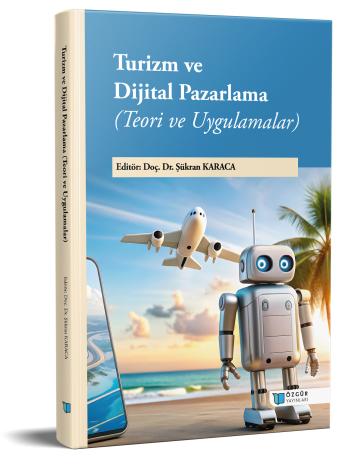
Turizmde Büyük Veri
Şu kitabın bölümü:
Karaca,
Ş.
(ed.)
2024.
Turizm ve Dijital Pazarlama (Teori ve Uygulamalar).
Özet
Günümüz dünyasında, internet ve dijitalleşmenin sağladığı erişim olanaklarının artmasıyla MCLuhan’ın (1964) tasviriyle “küresel köy” kuramı somut bir hal kazanmıştır. Küresel köy, dijital teknolojilerin sayesinde dünyanın farklı konumlarındaki bireylerin anlık olarak birbirleriyle iletişim kurabileceği ve bilgi alışverişinde bulunabileceği bir dünyayı ifade etmektedir. Bu kavram, özellikle büyük verinin (big data) toplanması, analizi ve kullanımı açısından önemli bir boyut kazanmıştır. Dijitalleşmeyle birlikte farklı kaynaklardan eş zamanlı toplanan büyük veri, işletmelerin iş süreçlerindeki verimliliği arttırmanın yanı sıra stratejik kararların alınmasına da imkân tanımaktadır
Turizm, hizmet sektörüne has özellikleriyle müşteri beklentilerinin üst düzeyde olduğu ve müşteri beklentilerinin pazarı şekillendirdiği bir sektördür. Yoğunlaşan rekabet ortamında karmaşıklaşan müşteri beklentilerini anlayarak müşterilere özel çözüm sunabilme yeteneği, destinasyon veya kurum tercihi açısından başarı faktörüne dönüşmüştür. Bu noktada, büyük veri, turizm işletmelerinin müşterilerini analiz ederek pazar odaklı davranmaları ve rekabet avantajı elde etmelerini mümkün kılmak için kritik bir araç haline gelmektedir. Kitabın bu bölümünde turizm sektörü özelinde büyük veri kullanımı ve uygulamaları incelenecek, büyük verini rekabet üstünlüğü yaratmadaki rolü güncel örnekler üzerinden tartışılacaktır.

